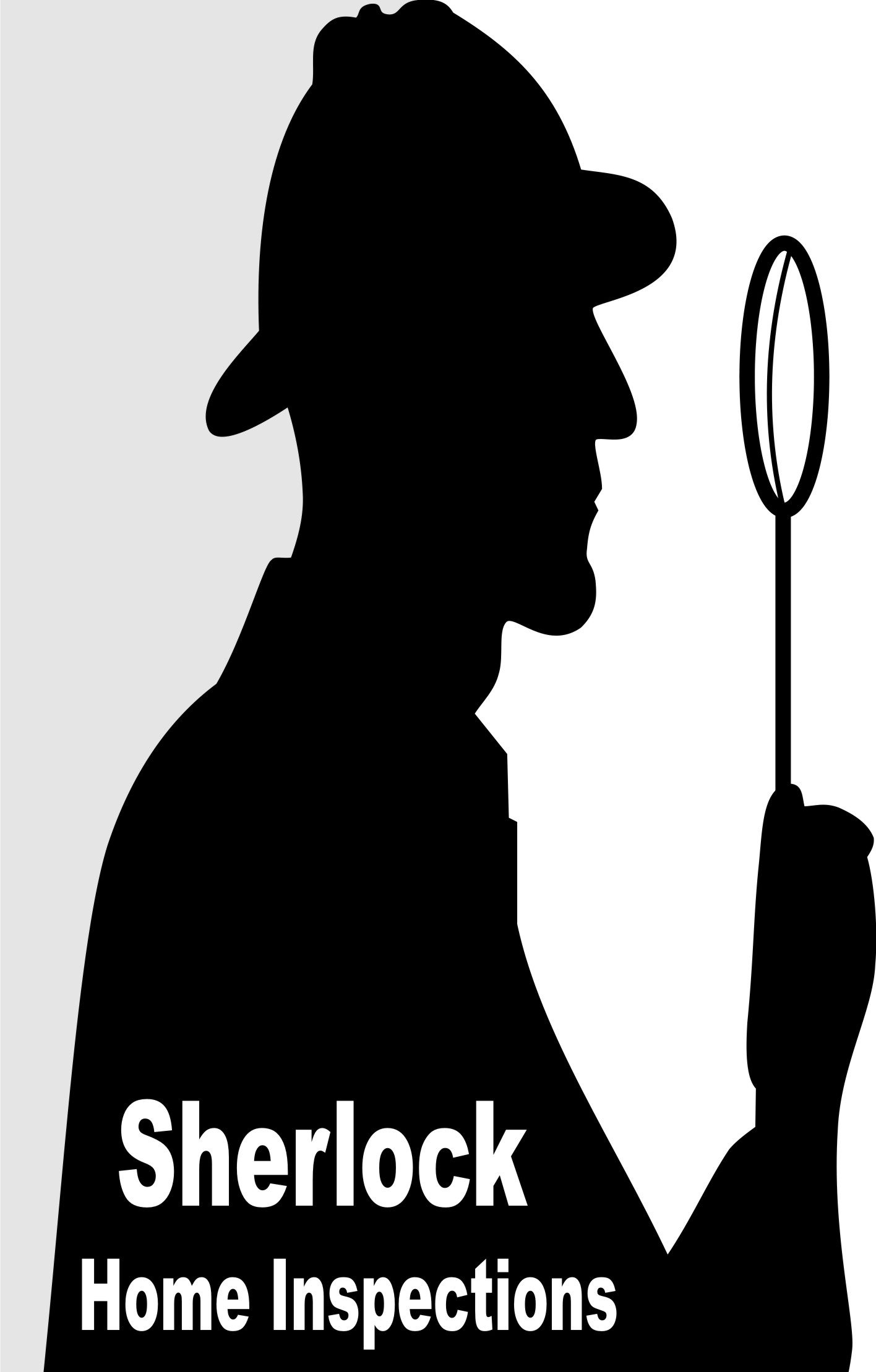It’s time to start thinking about preparing your home for winter, because as temperatures begin to dip, your home will require maintenance to keep it in tip-top shape through the winter. This is known as winterizing your home. YES – even in Florida.
Here are 10 Quick Tips:
1) Check your heater
Burning smell from vents when heater is on is likely from dirty/dusty heating coils
Consider an annual inspection & service by an HVAC professional
If you don’t already have a programmable thermostat, consider switching
2) Do you have a fireplace?
A comprehensive chimney inspection requires special tools and/or includes inspection of the flue, smoke shelf, damper, venting, pressure, defects, safety, building codes and standards as defined by the National Fire Protection Association, etc. We recommend an inspector who has been certified by the Chimney Safety Institute of America (CSIA).
Cap or screen the top of the chimney to keep out rodents and birds.
Consider annual service by a chimney sweep to remove soot and creosote.
Store firewood in a dry place away from the exterior of your home.
3) Check the Exterior, Doors and Windows
Check the exterior for crevice cracks and exposed entry points around pipes; seal them.
Use weather stripping around doors to prevent cold air from entering the home and caulk windows.
4) Inspect Roof, Gutters & Downspouts
Check flashing to ensure water cannot enter the home.
Replace worn roof shingles or tiles.
Clean out the gutters and use a hose to spray water down the downspouts to clear away debris.
Consider installing gutters guards.
5) Service Weather-Specific Equipment
Drain gas from lawnmowers.
Clean, dry and store summer gardening equipment.
6) Check Foundations
Rake away all debris and vegetation from the foundation.
Add fill dirt to low-lying areas where water can pool.
Secure crawlspace entrances (if applicable).
7) Install Smoke and Carbon Monoxide Detectors
Test smoke and carbon monoxide detectors to make sure they work.
Change batteries as needed
Buy extra to change them when you change clocks for daylight savings.
Replace smoke and carbon monoxide detectors that do not work.
Buy a fire extinguisher or replace an extinguisher older than 10 years.
8) Check Plumbing
Locate your water main in the event you need to shut it off in an emergency.
Drain all garden hoses.
9) Prepare Landscaping & Outdoor Surfaces
Trim trees if branches hang too close to the house or electrical wires.
Seal driveways, brick patios and wood decks.
10) Prepare an Emergency Kit
Buy indoor candles and matches / lighter for use during a power shortage.
Keep phone numbers for your utility companies near your phone or inside the phone book.
Buy a battery back-up to protect your computer and sensitive electronic equipment.
Store extra bottled water and non-perishable food supplies (including pet food, if you have a pet).
Keep a first-aid kit in an easy-to-access location.
Prepare an evacuation plan in the event of an emergency.

Hello just wanted to drop a quick comment – yo page is dope yo … good info fo a bro
Great info here. I knew it was important to “winterize” homes up north, but hadn’t thought about FL homes.
Good tips, THANKS!
I never thought about this – Thanks for the tip
Great tips – thank you
Good stuff. Quite different than homes up north – Thanks
Great site! I spent WAY TOO LONG reading article after article in Todd’s Tips & I’m not done…… I’ll be back
very constructive for good planning.
Never really thought about this before, but your recommendations make perfect sense. This article had me interested in more & Todd’s Tips are all very helpful, informative, & easy to read. — outstanding web site!
Just another of the great articles in Todd’s Tips.